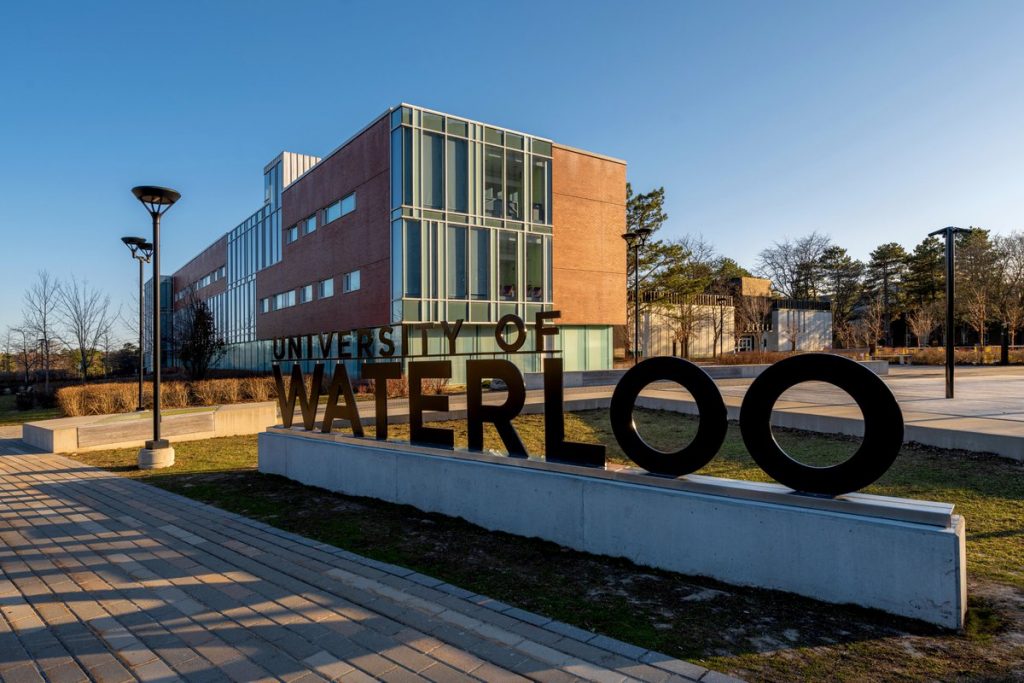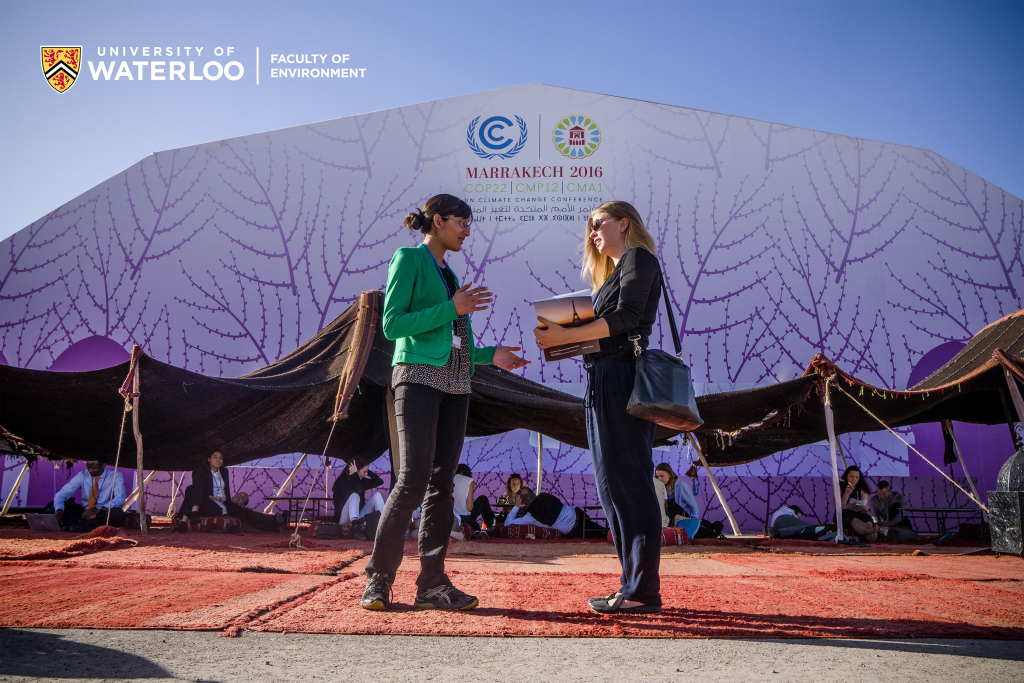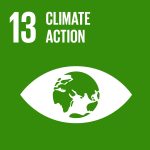Esta web utiliza cookies para que podamos ofrecerte la mejor experiencia de usuario posible. La información de las cookies se almacena en tu navegador y realiza funciones tales como reconocerte cuando vuelves a nuestra web o ayudar a nuestro equipo a comprender qué secciones de la web encuentras más interesantes y útiles.
University of Waterloo’s Masters of Climate Change and the Graduate Diploma in Climate Risk Management
Description
Institution
University of Waterloo

Organizations/areas of the university involved
The Interdisciplinary Centre on Climate Change (IC3)
Country
canada
The University of Waterloo’s Masters of Climate Change and Graduate Diploma in Climate Risk Management provide students with education and training to tackle the complex challenges of climate change.
The University of Waterloo offers two competitive degree programs that address the complex challenges of global climate change, including the Masters of Climate Change (MCC) and the Graduate Diploma (GDip) in Climate Risk Management (CRM). The programs offer students advanced training and expertise specific to climate change. Through these programs, the University of Waterloo is supporting the next generation of climate change professionals and their ability to pursue diverse career paths in all areas of government, civil society, and local/international development.
Results and impact measured or expected
The MCC program was the first of its kind in North America when established in 2013. To date there have been 8 program cohorts and over 122 students to complete the degree. Through the MCC program, students have the opportunity to work with professors that have contributed to the Intergovernmental Panel on Climate Change (IPCC) assessments and collaborated with a number of United Nations agencies and a wide range of governmental, non-governmental and businesses on climate change research and decision-making. Many of the MCC alumni are now working in climate change-related fields, such as Energy and sustainability analyst, Environmental protection agent, sustainability coordinator, climate adaptation and environment specialist and more. The GDIP in CRM was established in 2018. The program is successfully supporting mid-career professionals in advancing and developing competency in climate science, risk, and opportunities.
Connection with the SDG framework
Both the Masters of Climate Change (MCC) program and the Graduate Diploma (GDip) in Climate Risk Management (CRM) offer students a unique opportunity to expand their knowledge and expertise in climate-related disciplines. The MCC program is a specialized, course-based (non-thesis) program that provides students with a professional internship opportunity to apply their knowledge and advance practical skills in a range of sectors and professions. The GDip in CRM is a fully online program that provides early-to mid-career professionals with a unique learning experience and the opportunity to integrate climate risk management within their field of work while upskilling to meet the demand for climate specialists in any industry.
Barriers and follow up
Launching a net-new graduate program naturally comes with challenges such as promoting the program. A robust communication plan was created by our communications officer which leveraged our website and social channels to target the program at the optimal audience. Building a durable and connected application processes for the MCC community was priority. This included maintaining contact throughout every phase of their program. For the MCC program we have an email campaign initiative in place. After each step (application received, application reviewed, application incomplete, congratulations (non-matriculated), Welcome (matriculated)) we send applicants a notification. This has helped in staying connected with them and motivating them to complete the application process swiftly. The emails are sent on weekly basis via MailChimp.
Transferability of the initiative
Climate change is a global issue. Beyond Canada, governments and industry are looking for climate specialists with skills and knowledge that can be applied in local and global contexts. The MCC and GDip offer courses designed to address climate challenges broadly the skills developed by students are useful in specific areas such as prediction and modeling, risk assessment, governance and community planning. One of the University of Waterloo’s core strengths, as well as one of its differentiators, is experiential learning through its Future Ready Talent Framework and cooperative education program. Students who choose to participate in an internship have a unique advantage in that many partnerships are in place to receive students. Waterloo faculty members are also experienced in evaluating student experiential learning.
Education 4 SDG funciona gracias a WordPress


